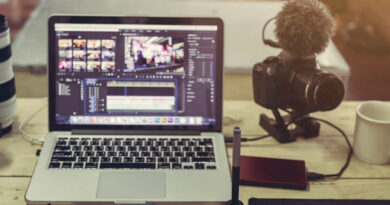Melanie Frey, Twenty-five years a photojournalist
Digital photography might have facilitated this. As it transformed the base of making pictures, it also questioned what an image is, and what the limits of images are.
Personally, after years of covering news events with the fluidity of digital, I rediscovered photography as a medium to make objects and installations. I was thrilled to dive into primitive processes from the 19th century or early 20th and experiment with techniques, processes, creating and discovering alternative possibilities that are still very much alive.
It is not that I oppose digital, it is a medium that I still use with pleasure. But for me and many others, photography is no longer just a document or means to translate reality. I feel the need to really give my pictures a much more material nature. Each piece I produce must be unique.
I like to use a lot of material: glass, tin, wood, handmade paper, daily life objects, metal leaves – I love using natural material or recycled and repurposed objects…
I like to alter my picture, so instead of trying to have the most perfect technique, I experiment to have something to go wrong and use the effect to build my picture. As my work, which has been completely artistic since 2012, is focused on the human life experience and facing up to the obligation of mortality, I need to have that sense of uncertainty and accident in my pictures. I develop personal chemical formulas specifically to create and enhance that feeling.
I like to use very raw material, to physically intervene with photographs, using corrosive products, to burn, to tear apart, to collage back pieces and mix photography with other mediums …
I no longer have a limit to the way I use photography and I’m still pushing the boundaries of the nature of the image and the various ways of printing and generating that image. Experimental is the new normal for me.
I am very happy with the esthetic results, as are the collectors following me.
When I switched to digital photography in 2000, and even when I deal with my digital archives from analogue works, I need the best tool I can find to be efficient and keep everything well organised. Since 2004, I’ve exclusively used FotoStation. It has supported me in dealing with the increased volume of photography I have had to manage and especially it’s made the difference in terms of easy indexing and photo editing.



